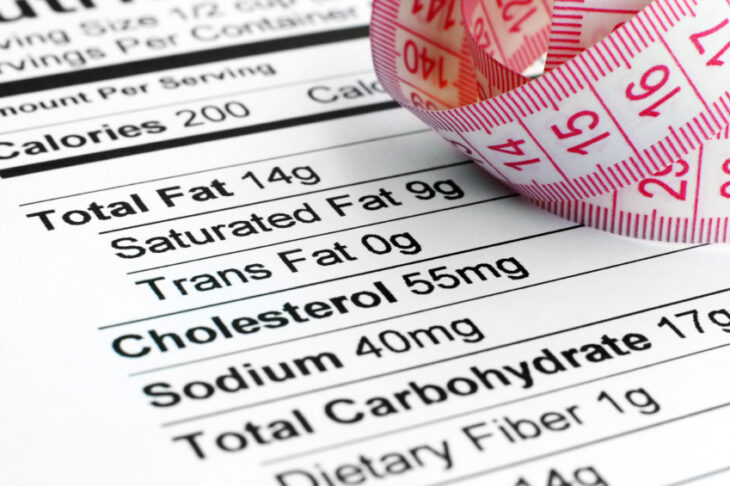The FDA has completed final administrative actions on the use of partially hydrogenated oils (PHOs), also known as trans fats, in the food supply. This final rule reflects the agency’s reasoning in removing this product. In 2015, the FDA stated that these oils are harmful to human health, and that removing them from the food supply could prevent thousands of heart attacks every year.

Oils are hydrogenated to make them sold at room temperature. PHOs were used to make many foods because they were a cheap source of solid fats. Trans fats raise the level of LDL proteins in the blood, they can weaken cell membrane structures, contribute to insulin resistance, and are associated with certain types of cancer.
In the final rule, the FDA states that PHOs are no longer included in an optional ingredient for the standards of identify for peanut butter and canned tuna. Partially hydrogenated oils are no longer on the Generally Regarded as Safe (GRAS) list, which contains ingredients that the agency believes are safe to consume.
The final rule also revokes the regulation for partially hydrogenated fish oil as an indirect food substance, and revises GRAS affirmation regulations to no longer include partially hydrogenated forms of menhaden and rapeseed oils.
It also revokes the pre-1958 authorization for using PHOs in margarine, bread, rolls, buns, and shortening. That authorization was granted before the Food Additives Amendment of 1958 so these uses of PHOs could not be regulated as food additives.
There will still be some PHOs in food, because they occur naturally in meat and dairy products and is also in some edible oils at very low levels. But the use of artificial sources of trans fat will no longer be approved.
The FDA is accepting comments on both the direct final and proposed rules. These comments must be submitted by 75 days after the rule is published in the Federal Register.





Is there a minimum acceptable level of trans fat in foods:?
Industrially produced trans fats should not be in foods, so there is no minimum acceptable level of that type of fat. There are some trans fats that are naturally occurring, in ruminant milk and meat, and it would be difficult if not impossible to remove that type. Heating, especially frying, does create a small amount of trans fat, but it is negligible. The FDA is doing all that is possible to get these fats out of food.
Thank you for watching out for the health and safety of the American people. This is a good start. I hope there will be many more announcements of food additives that will no longer be GRAS, taking the lead of Europe and other advanced countries.